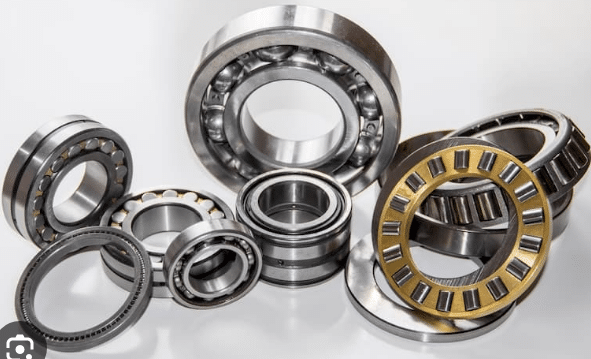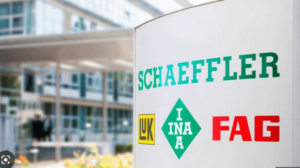
In the intricate landscape of industrial machinery, bearings serve as critical components that influence the overall performance, durability, and reliability of equipment. Among the contenders vying for supremacy in the bearing market, FAG and TIMKEN have garnered significant recognition for their offerings. This article undertakes a comprehensive evaluation of the performance, durability, and reliability of FAG bearings and TIMKEN bearings, shedding light on their attributes, strengths, and suitability for various industrial applications.
Performance Assessment:
FAG Bearings:
FAG, established in 1883, is renowned for its precision-engineered bearings that exemplify quality and performance. These bearings are distinguished by their exceptional load-carrying capacity, precision craftsmanship, and low friction properties. In applications requiring high speeds and precise motion control, FAG bearings shine, making them a popular choice in sectors such as aerospace, automotive, and machine tools. Their meticulous engineering results in minimal tolerances, ensuring optimal fit and minimal energy loss.
TIMKEN Bearings:
With a history dating back to 1899, TIMKEN has solidified its reputation for producing high-quality bearings. The unique feature of TIMKEN bearings lies in their tapered roller design, enabling efficient load distribution and reduced friction. While they may not be optimized for high-speed applications, TIMKEN bearings excel in scenarios with heavy loads. Their ability to manage both radial and axial loads makes them valuable in industries such as mining, construction, and agriculture.
Durability Assessment:
FAG Bearings:
FAG bearings are engineered for resilience, capable of withstanding extreme conditions. This durability is derived from their robust construction and precise manufacturing, which ensures a proper fit even in challenging environments. This durability extends the lifespan of equipment, reducing maintenance needs and downtime.
TIMKEN Bearings:
TIMKEN’s emphasis on durability is reflected in their ability to endure rigorous conditions without compromising performance. The tapered roller design contributes to their durability by evenly distributing loads, reducing stress on individual components. This design also minimizes friction, decreasing wear and tear over time.
Reliability Assessment:
FAG Bearings:
FAG’s dedication to precision engineering and continuous research and development instills confidence in the reliability of their bearings. The consistent performance of FAG bearings in critical applications, where precision and consistency are vital, underscores their reliability.
TIMKEN Bearings:
TIMKEN’s long-standing presence in the industry has built a reputation for reliability. Their bearings are designed to deliver consistent performance under demanding conditions, ensuring operational continuity and reducing the likelihood of unexpected failures.
Conclusion:
The assessment of FAG bearings and TIMKEN bearings reveals their distinctive strengths and applications in the industrial landscape. While FAG bearings excel in high-speed precision applications, TIMKEN bearings shine in heavy-load environments. Both brands prioritize durability and reliability, catering to industries with diverse requirements. Ultimately, the choice between FAG and TIMKEN bearings depends on the specific needs of the application, with performance, durability, and reliability being critical factors in making an informed decision to optimize equipment efficiency and longevity.
We support more information about Bearings. you can visit https://cmtgbearing.com. or email us info@cmtgbearing.com.


